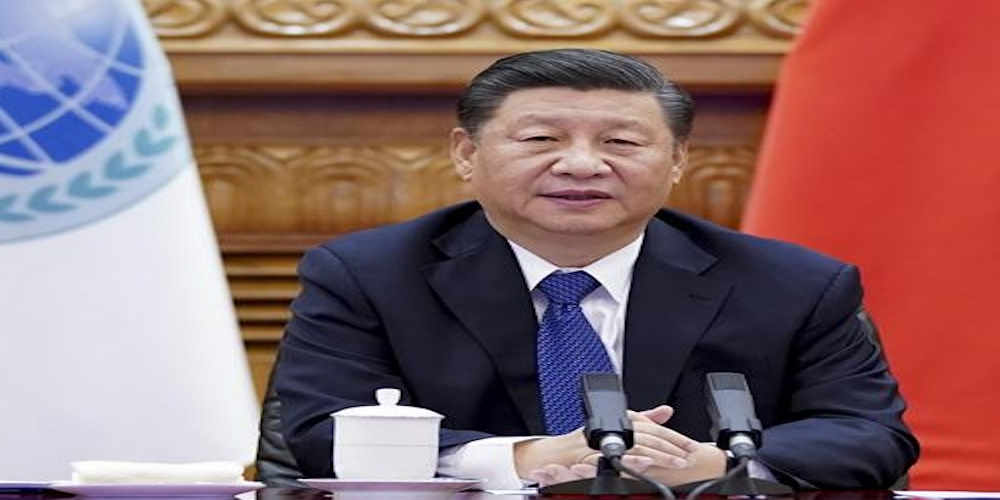Oct 10 – A New York-based activist and independent blogger, Jennifer Zeng, has made startling claims regarding the assassination of Canadian Khalistani leader Hardeep Singh Nijjar in June this year. Contrary to initial suspicions pointing towards India’s involvement, Zeng alleges that the perpetrators were, in fact, agents of the Chinese Communist Party (CCP). She asserts that this act was a deliberate attempt by the CCP to frame India and sow discord between India and Western nations.
Jennifer Zeng, who identifies as a member of the International Press Association, shared her allegations via a video on the platform X. She credited Canada-based Chinese writer and YouTuber Lao Deng for the information she presented. According to Zeng, Lao Deng revealed that in early June, as part of the CCP’s disruption initiative known as the ‘ignition plan,’ a high-ranking CCP official was sent to Seattle, USA, for a secret meeting. The primary objective of this meeting was to undermine relations between India and Western nations.
Zeng claims that the agents were specifically tasked with the assassination of Hardeep Singh Nijjar, the Sikh leader based in Canada. She contends that the CCP agents meticulously executed this plan, erasing any evidence by destroying the dash camera in Nijjar’s car. After committing the crime on June 18, these agents fled, disposing of their weapons and disguises to eliminate any traces. Subsequently, they left Canada via airplanes.
Additionally, Zeng suggests that the assassins deliberately acquired an Indian-accented English proficiency as part of a scheme by CCP secret agents to falsely implicate India in the act.
It’s worth noting that the initial accusations surrounding Nijjar’s assassination had strained bilateral relations between India and Canada, leading to the expulsion of diplomats from both nations. In a recent development, Canadian Prime Minister Justin Trudeau discussed India’s situation and emphasized the importance of upholding and respecting the rule of law during a conversation with UAE President Sheikh Mohamed Bin Zayed on Sunday.










